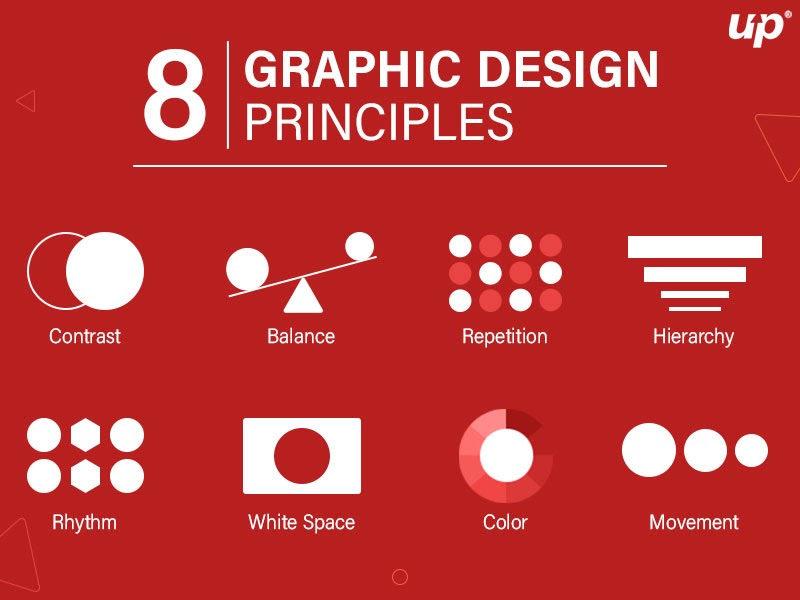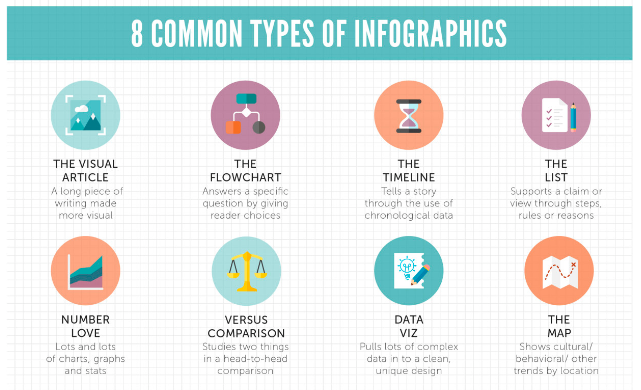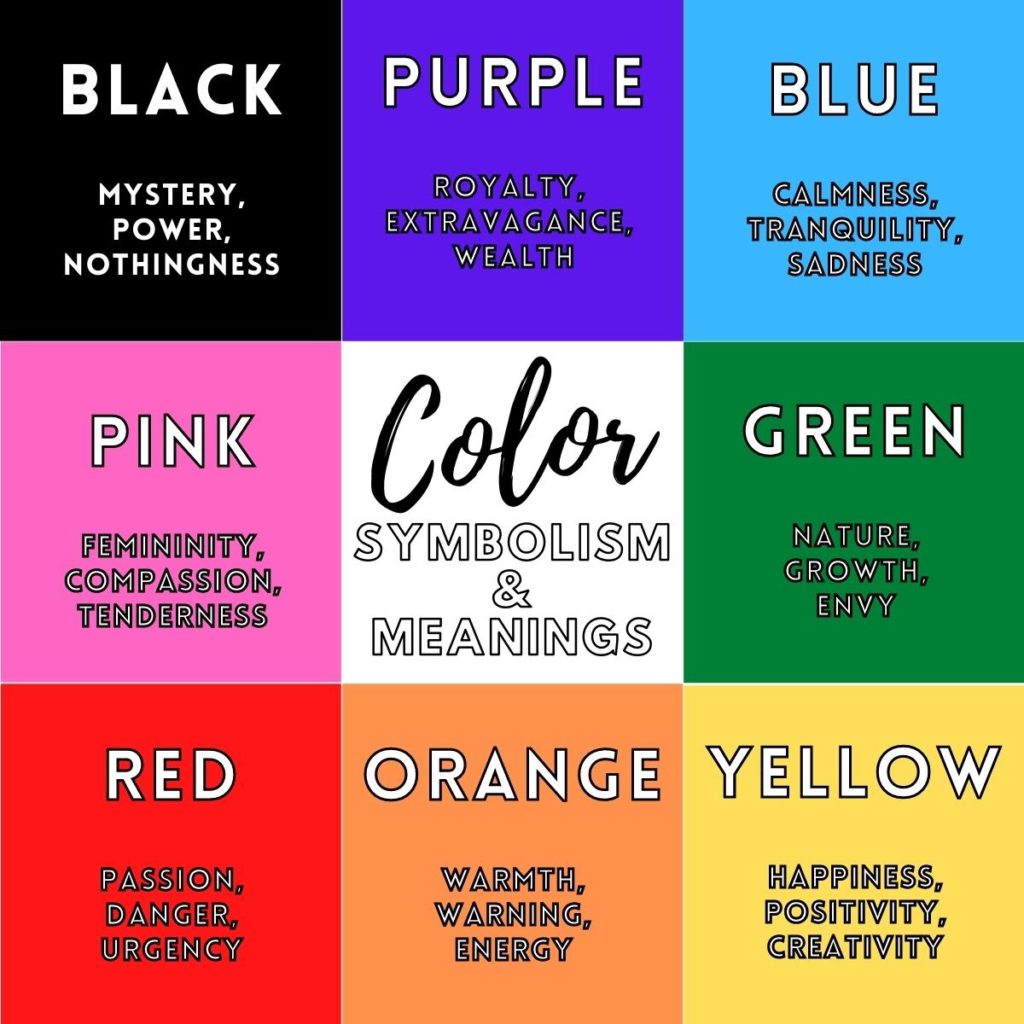6 Graphic Design Tips to Grab Eyeballs and Boost Conversion

Table of Contents
- 6 Graphic Design Tips and Tricks That Deliver Results
- Key Takeaways
- Conclusion
- FAQs
According to a 2018 Adobe survey, 73% of companies actively spend money on design to stand out from the competition. Much of this is with visuals, such as images, illustrations, and infographics. When done well, graphics memorably communicate ideas and lend a visual structure to marketing content.
Graphics also bring about higher visibility, which leads to more online traffic. The question is, how can marketers use graphics to boost conversions? In this blog about graphic design tips, we’ll explain how to use graphics in compelling ways to hook prospective consumers.


6 Graphic Design Tips and Tricks That Deliver Results
There are many techniques to come up with eye-catching graphics. Here are some of the best graphic design tips for beginners that will lead to compelling results.
1. Aim for simplicity and consistency
A basic rule is to not over-design web pages and promotional material. Some of the most appealing pages are those that are simple. There’s a good reason for this. When a page looks cluttered and complicated, consumers get put off. They find it harder to process the information and take action.
Consistency is another essential principle. Ideally, you should stick to a few distinctive fonts and colors that can be carried across designs, illustrations, and infographics. This increases identification and credibility. When graphics are simple and consistent, they will stand out from the clutter.
2. Use graphics as storytelling aids
Most content creators know that telling stories is a powerful way to attract attention. Such type of content has a high rate of recall. Graphics can enhance the storytelling aspect of content in many ways.
To begin with, graphic elements can organize the flow of information. Photographs and illustrations can bring stories to life. Other graphic features such as illustrated quotes and subheads can also add appeal. Contextual animations and GIFs are two other ways to capture attention. These graphic techniques enhance emotion, keep the focus on key aspects, and help deliver the story’s message.
3. Bring data to life through graphics
These could be the most essential graphic design tips for beginners. At times, web content needs to deliver information in the form of statistics and numbers. To do this, many content creators and marketers need to rely on charts and graphs to represent data.
This is where the right infographics can make a big difference. They can transform dry data into attention-grabbing content. For example, infographics can visually represent information in striking ways. Some other forms of data visualization are bar charts, pie charts, and scatter plots.

Graphics can turn quantitative information into content that is easy to consume and understand. It’s important to keep your graphics simple, purposeful, and consistent across all formats.
4. Make CTA buttons unmissable
Your website’s call to action, or CTA, is a crucial element in conversion. It gives consumers a clear next step and determines metrics to show how well your content is working.
With the right graphic principles, CTA buttons can stand out and deliver a clear signal. One aspect is the size of the button relative to the other elements. The proper use of color and contrast also helps the consumer’s eye to be drawn to the CTA button. A 3D “clickable” effect also helps make it irresistible.
5. Understand the language of colors
One of the best graphic design tips is to pay attention to the use of color. Color plays a significant role in all our lives when it comes to emotion, action, and understanding.

Many designers use color theory to achieve the right effects. Here, colors signify aspects of the brand that are to be highlighted. For example, blue stands for security and confidence. Green is the color of money, nature, and healing. Red can signify energy and courage. Pink connotes romance and feminine values. And black is mysterious and sophisticated. The use of white space, hues, and saturation enhance these effects.
6. Use images effectively
Many websites use photographs to enhance content and values. Further, for brands that use social media platforms such as Instagram and Pinterest, the right photographs are essential to make consumers take action.
There are many ways to make photographic images stand out. Among the graphic design tricks & techniques is to show products in use or in real settings rather than staged props. It’s best if they are relatable and don’t look like professional models or stock photographs. Some companies even feature their employees in photographs to create trust.
Key Takeaways
- Graphic design can be one of the most useful tools in a marketer’s arsenal. By presenting content in an eye-catching way, it can boost conversions.
- It’s best to keep graphics consistent and simple. This makes web pages and other marketing material identifiable and easy to understand.
- Graphics are a powerful way to enhance the power of storytelling in content. They draw attention to key issues, create emotion, and add appeal.
- When numbers and statistics are part of your brand’s communication, the right graphics make them easy to comprehend and act on.
- The graphic design principles of white space, contrast, and size make CTA buttons stand out, and can make consumers take action.
- With the help of color theory, marketers can associate the brands with the right effects and moods.
- Photographs are an important part of graphic design. They work best when they are realistic, relevant, and distinctive.
Conclusion
The more distinctive and appealing the graphic design, the more it will attract consumers. That’s why marketers who make graphics a vital part of the content marketing strategy have an advantage over those who don’t. The right use of graphic design tips and tricks
will make your messaging memorable and enhance engagement. The result? A noticeable boost in conversions.
FAQs
Some simple ways to design for conversions are as follows:
1. Create an unmissable CTA.
2. Use color and contrast effectively.
3. Let the graphics guide the consumer’s eye.
4. Use white space for simplicity and relief.
Conversion-centered design is the practice of using graphic design with the clear objective of making consumers take action. This form of design captures the audience’s attention and provides cues for what you want to achieve with your content.
Make sure to use good-quality images. They should be relevant and relatable to your message. If you have no other option but to use stock photos, select those that specifically link to the message. The right captions also enhance visual elements.
Many designers focus on the three Es for design thinking.
1. Empathy
2. Expansive thinking
3. Experimentation
With quality photographs, your website looks more credible and professional. Graphics enhance engagement and comprehension. The right design can guide the consumer’s eye and indicate the actions you want them to take.
Latest Blogs
Explore how Google’s 2025 AI search updates triggered ranking chaos. Learn actionable strategies to adapt your SEO for AI Overviews, zero-click searches, and SERP volatility. Stay ahead now.
Learn how to rank on AI search engines like ChatGPT, Perplexity, and Gemini by optimizing your content for authority, structure, and relevance. Stay ahead in AI-driven search with this strategic guide.
Explore the best healthcare SEO services for your medical practice. Improve online visibility and effectively reach more patients in need of your services.
Get your hands on the latest news!
Similar Posts

Design
7 mins read
15 Best Firms Offering Design Services in India

Design
5 mins read
All You Need to Know About Data-Driven Design

Design
6 mins read